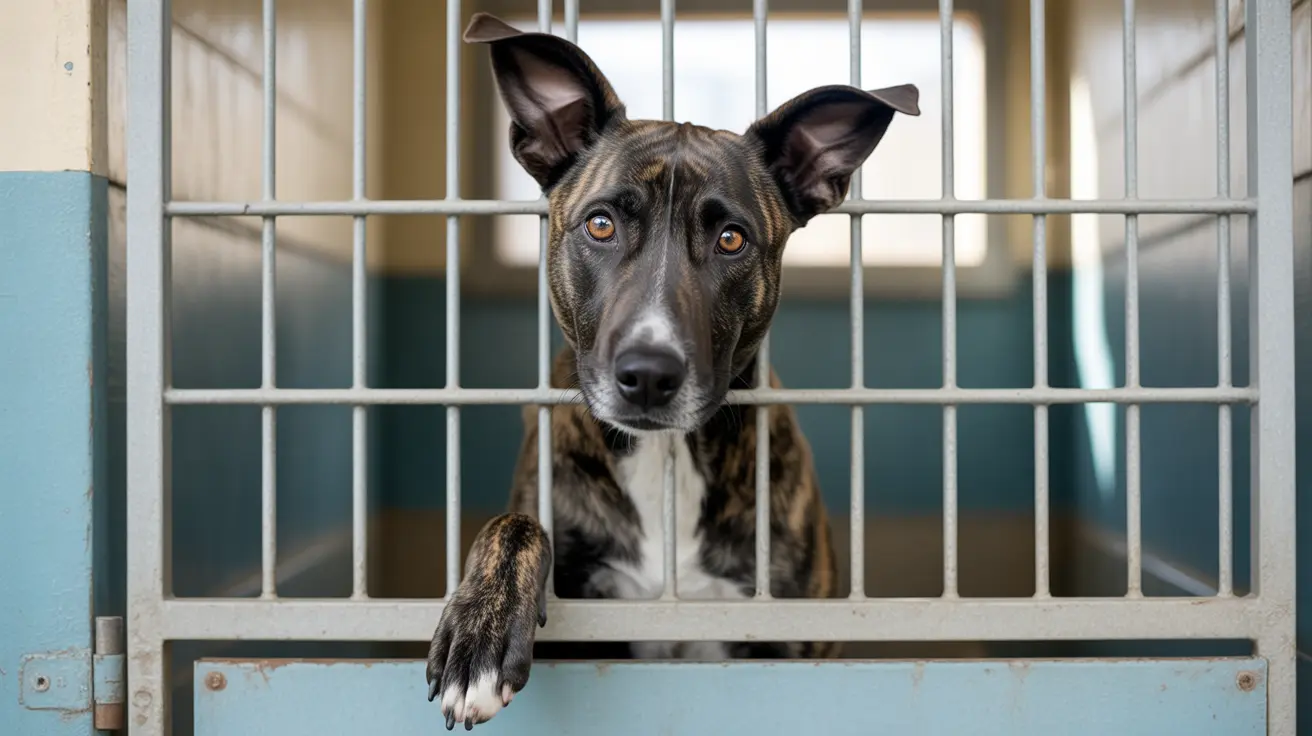Can Dogs Eat Pears? A Detailed Guide to Feeding Pears Safely
If you love sharing healthy snacks with your furry friend, you might wonder if pears are a safe choice for dogs. The answer is yes—dogs can enjoy pears as an occasional treat, but there are important precautions to keep in mind to ensure their safety and health.
The Nutritional Benefits of Pears for Dogs
Pears offer a range of nutrients that can benefit your dog’s overall wellness. They’re packed with vitamin C, vitamin A, fiber, potassium, copper, and antioxidants. These nutrients help support digestion, boost immune health, strengthen bones, and contribute to your dog’s vitality. Some of the most popular varieties that are safe for dogs include Bartlett, Bosc, Anjou, and Comice pears.
- Vitamin C & A: Support immune system and skin health.
- Fiber: Promotes healthy digestion.
- Potassium & Copper: Aid in heart function and blood cell production.
- Antioxidants: Help fight inflammation and support overall wellness.
How to Prepare Pears for Your Dog
The way you serve pears matters just as much as the fruit itself. Always wash the pear thoroughly to remove any pesticides or residues. Next, core the pear and remove all seeds, stems, and leaves—these parts contain trace amounts of cyanide and can be toxic if ingested in large quantities. Cut the flesh into bite-sized pieces suitable for your dog’s size to prevent choking hazards.
- Wash the pear well.
- Remove the core, seeds, stem, and leaves completely.
- Cut into small pieces appropriate for your dog’s size.
Pear skin is generally safe but could cause mild digestive upset in sensitive dogs. If your dog has a history of stomach issues or is new to fruit treats, consider peeling the pear before serving.
Pears to Avoid: What Not to Feed Your Dog
Certain types of pears or preparations aren’t suitable for canine consumption:
- Canned pears: Often packed with added sugars or preservatives that can upset digestion or contribute to obesity.
- Pears with added sugar: High sugar content isn’t healthy for dogs.
- Pear seeds/core/stem/leaves: Contain trace cyanide; never feed these parts.
- Unripe pears: Too hard and may cause digestive upset or choking risk.
How Much Pear Can Dogs Eat?
Treats—including pears—should make up no more than ten percent of your dog’s daily caloric intake. Start slowly when introducing any new food; monitor your dog for signs of gastrointestinal upset like diarrhea or vomiting. If you notice any negative reaction, stop feeding pears immediately and consult your veterinarian if symptoms persist.
Pears are not recommended for dogs with diabetes due to their natural sugar content. For most healthy adult dogs though, small portions served occasionally can be a tasty supplement to their regular diet—but they’re not essential for nutrition.
Tasty Ways to Serve Pears
- Add chopped pear pieces as a topper over regular dog food.
- Blend pear with other dog-safe fruits (like blueberries or bananas) into a smoothie treat.
- Create frozen treats by mixing pureed pear with plain yogurt (no sweeteners).
- Mash or puree pear as a soft snack for older dogs who have trouble chewing.
You’ll even find some natural commercial dog foods and treats that include pear as an ingredient!
The Health Perks of Pears for Dogs
Pears aren’t just delicious—they also promote several aspects of canine health when fed safely:
- Aid digestion: Thanks to fiber content.
- Support skin/coat health: With vitamins A & C.
- Boost heart health & blood cell production: Through minerals like potassium and copper.
Cautions & When To Ask Your Vet
If you’re unsure whether pears are right for your specific pet—especially if they have existing health conditions—always check with your veterinarian first. Introduce new foods gradually so you can spot any sensitivities early on. Remember: every dog is unique!
Pear Alternatives: Other Safe Fruits for Dogs
- Apples (remove seeds)
- Bananas
- Blueberries
- Strawberries
- Mangoes (without pit)
- Watermelon (seedless)
- Oranges (in moderation)
If you want variety in your pup’s treats without risking their health, these fruits are also good options—just remember proper preparation each time!





